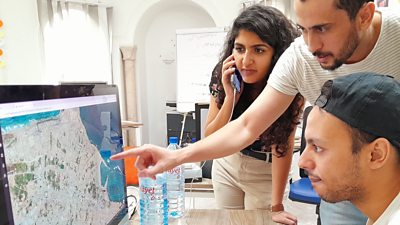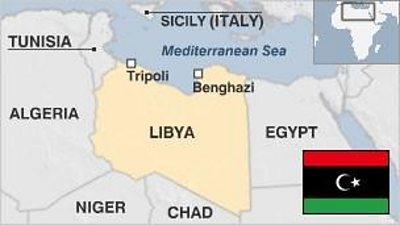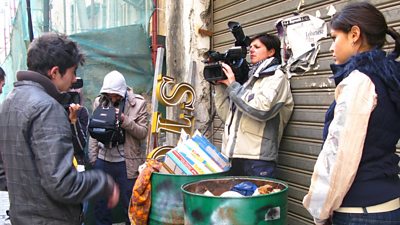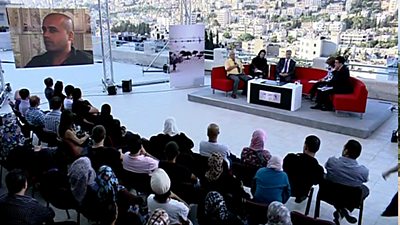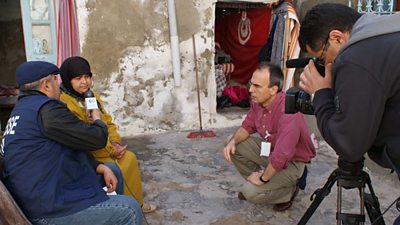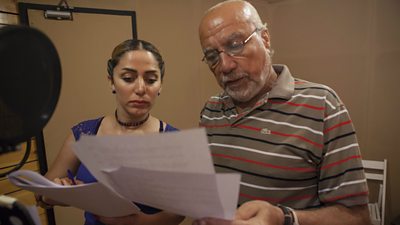- Our office: Tunis
- Our areas of focus: media development, political participation and accountability, bridging divides
- Our partners: USAID, Dutch Embassy, United Nations Development Programme (UNDP)
- On social media: El Kul is on and
About our work
In Libya we support independent, public-interest journalism through El Kul, our online current affairs platform. In a polarised media landscape, financed by those with vested political interests, El Kul provides Libyans with an impartial and unbiased source of information and ideas. El Kul contributes to social cohesion by sharing with its audience of 1.3 million followers (about a quarter of adults in the country) topical and relevant stories that represent Libya in all its diversity, while promoting the voices of marginalised groups such as women and ethnic minorities.
El Kul counters disinformation and hate speech, highlights the human cost of conflict, emphasises the experiences, challenges and aspirations that connect young Libyans, and provides young Libyans with a safe space to discuss issues of importance to their lives. The platform has, over the years, trained more than 150 journalists, providing El Kul with an established group of trusted content producers providing stories from all corners of the country. Testimony to its success, El Kul received in 2022 an award for Africa’s ‘’ from the World Association of News Publishers.
We are also working with UNDP to develop resilience to information pollution within Libyan communities, through formative research and media and information literacy interventions delivered over 18 months, with rigorous monitoring throughout. Our insights will then help create media content to effectively combat the influence of mis- and disinformation in Libya and elsewhere.
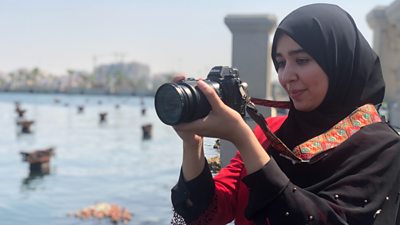
Responding to COVID-19
We recognised early in the pandemic that our audiences needed context-specific, trustworthy and up-to-date information about what was happening, and what measures they could take to respond to it. This need was only deepened by the destabilising impact the COVID-19 virus could have on an already unstable environment.
In humanitarian crises, information is aid. Accurate and reliable information can minimise the further spread of COVID-19, reduce the toll on health care and humanitarian services, and on people’s livelihoods, and lessen the likelihood of the conflict worsening because of the virus’s impact.
El Kul coverage has combined with a series of Lifeline trainings for media professionals, ensuring Libyan audiences are receiving content that dispels myths and rumours, offers impartial accurate information and provides a sense of shared experience, community and social connection at a time that can be divisive and isolating.
Past work in Libya
El Kul developed from a capacity-building project that used its Facebook platform to share content produced by trainees.
Our previous programme, Hiwar Mushtarak, was a discussion and debate programme, allowing Libyans to raise questions to a panel of decision-makers and experts, and share their opinions.
Latest news from Libya
Our projects, insights, and impact in Libya
-
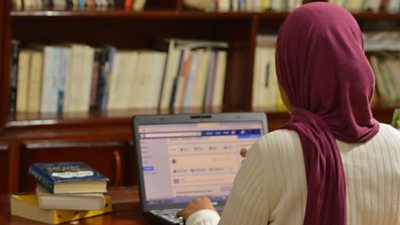
How social media is helping bridge divides and support women’s empowerment in Libya
To assess the impact of Â鶹ԼÅÄ Media Action's long running El Kul project, we conducted a panel study with some of its audience members. Findings showed that El Kul is seen as an impartial, timely, relevant and trusted source of information in Libya. -
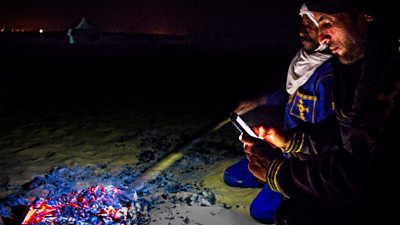
Understanding Libyan social media users’ experiences of false and misleading information online
We conducted research in Libya to better understand how social media users engage with the information they encounter on social media; what drives trust in and sharing of this information; what steps people take to identify false and misleading information and what factors make people more vulnerable to it. -
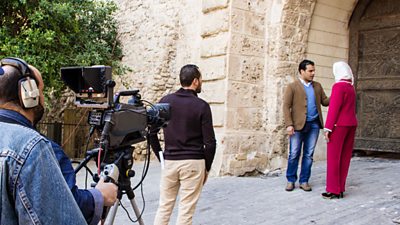
Providing trusted information and a forum for dialogue in Libya
Â鶹ԼÅÄ Media Action's work in Libya to develop programming to improve Libyans' access to information, and to encourage debate and participation in the country's transition.
